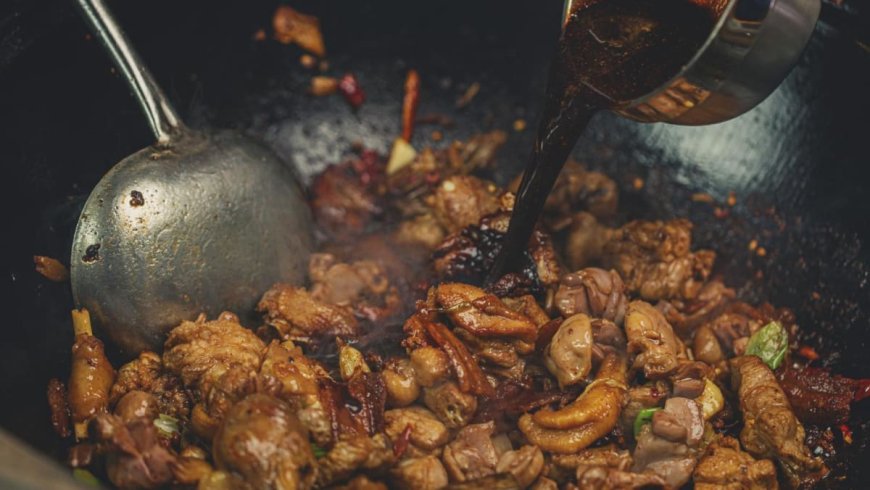Why a Caterer Got Fined S$7,000 for Causing 171 Cases of Food Poisoning
Explore how this food poisoning incident compares to others, including a fatal case in 2018. Learn about the fines imposed and expert opinions on the severity of the punishment.

In 2014, a four-year-old boy died after eating contaminated food at a food court in Northpoint Shopping Centre. The stall operator was fined S$1,400 for two breaches – failing to register a food handler and failing to protect food in a covered container. The stall operator's licence was also suspended until it had thoroughly cleaned the stall and its food handlers were re-certified in food hygiene.
In another fatal food poisoning case, Spize restaurant in 2018 supplied bento boxes contaminated with Salmonella for a company event. Bacillus cereus and faecal coliforms were also found in a fried rice dish. Seventy-three people fell ill, of whom 47 were hospitalised. A 38-year-old man who had a Salmonella infection died of sepsis and multi-organ failure following acute gastroenteritis. Spize was fined the maximum S$10,000 under the Environment Public Health Act, for possessing food unfit for human consumption. Together with related firm Spize Events, the fines came up to S$32,000. They were convicted of 14 offences, including hiring unregistered food handlers and having poor hygiene practices.
At the time, authorities said there was insufficient evidence linking the fatality to negligence by any particular person, so no individual was charged. Mr Adrian Wee, managing partner of Lighthouse Law LLC, said the higher number of charges suggested that the conduct in the Spize case was more egregious. There is also a distinction between incidents that arise from a single breach and from multiple breaches, he said. For the latter, such as in the Spize case, the cumulative penalties can be significant.
Mr Josephus Tan, managing director of Invictus Law Corporation, said every case was different even if they may look similar on the surface. Courts also consider factors like the severity of the injuries suffered by the victims, the degree of negligence and the duration of offending, he said.
So was Yunhaiyao's punishment too light? \"Given the magnitude of the food poisoning in this case, it is not surprising that some may feel that harsher penalties may be warranted,\" said Lighthouse's Mr Wee. But he noted that financial penalties, and imprisonment for repeat offenders, are not the only means of deterrence. Offenders also face loss of reputation and the potential loss of their shop or catering licences, he pointed out.
Additionally, the Singapore Food Agency (SFA) can issue directives to ensure food safety standards are met, and did so in Yunhaiyao's case. The company was required to throw away food, clean its premises and re-certify all food handlers in food safety. SFA suspended the Yun Nans outlet at Northpoint City until these measures were taken.
Mr Tan from Invictus believes however that the fines were insufficient in this case and food poisoning ones in general, even though the court could not have imposed more than what parliament legislated. \"A commercial operator must always carry a heavier responsibility if they are in the business of profiting from the masses where any subpar, unethical or illegal practices from their end may have tremendous (impact),\" he said, citing the food, transport, healthcare, education and renovation sectors as examples.
He pointed to how, under the Workplace Safety and Health Act (WSHA), workplace-related deaths can lead to fines of up to S$200,000 for individuals and and S$500,000 for companies. \"It is timely for parliament to seriously consider amending the relevant legislations governing food safety to mirror those we see in the WSHA,\" Mr Tan added. \"It is important to send a message to aspiring commercial operators that if one intends to profit from the masses, one should also be ready to adhere to the strictest industry and legal standards.\"
According to the source: CNA.
What's Your Reaction?
 Like
0
Like
0
 Dislike
0
Dislike
0
 Love
0
Love
0
 Funny
0
Funny
0
 Angry
0
Angry
0
 Sad
0
Sad
0
 Wow
0
Wow
0






















































































































































































